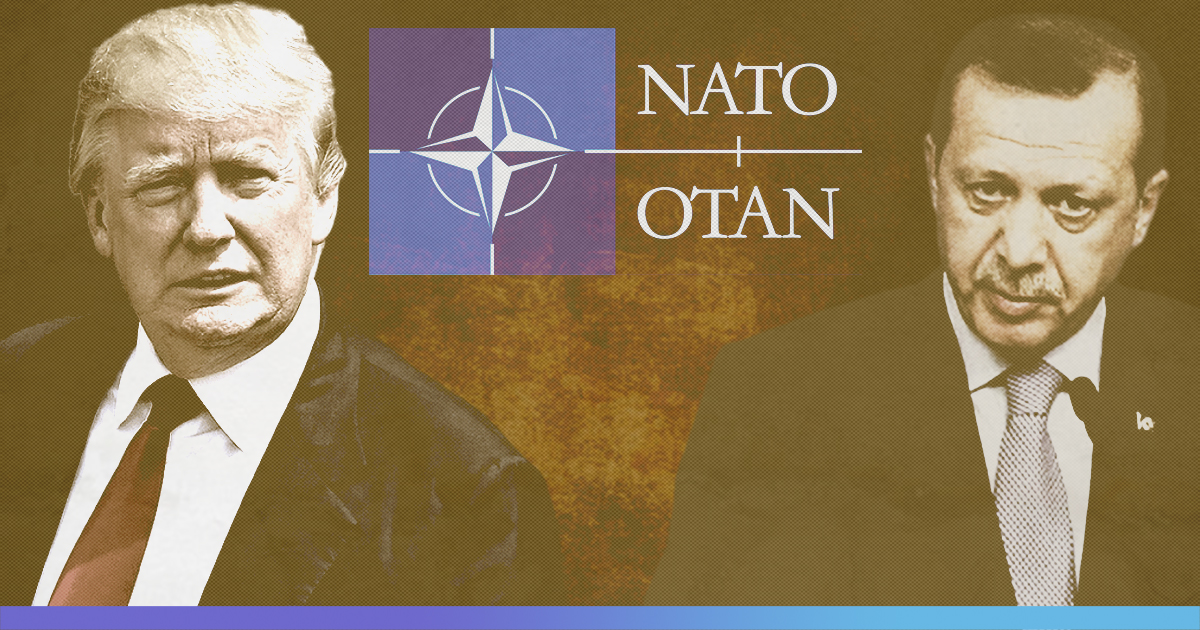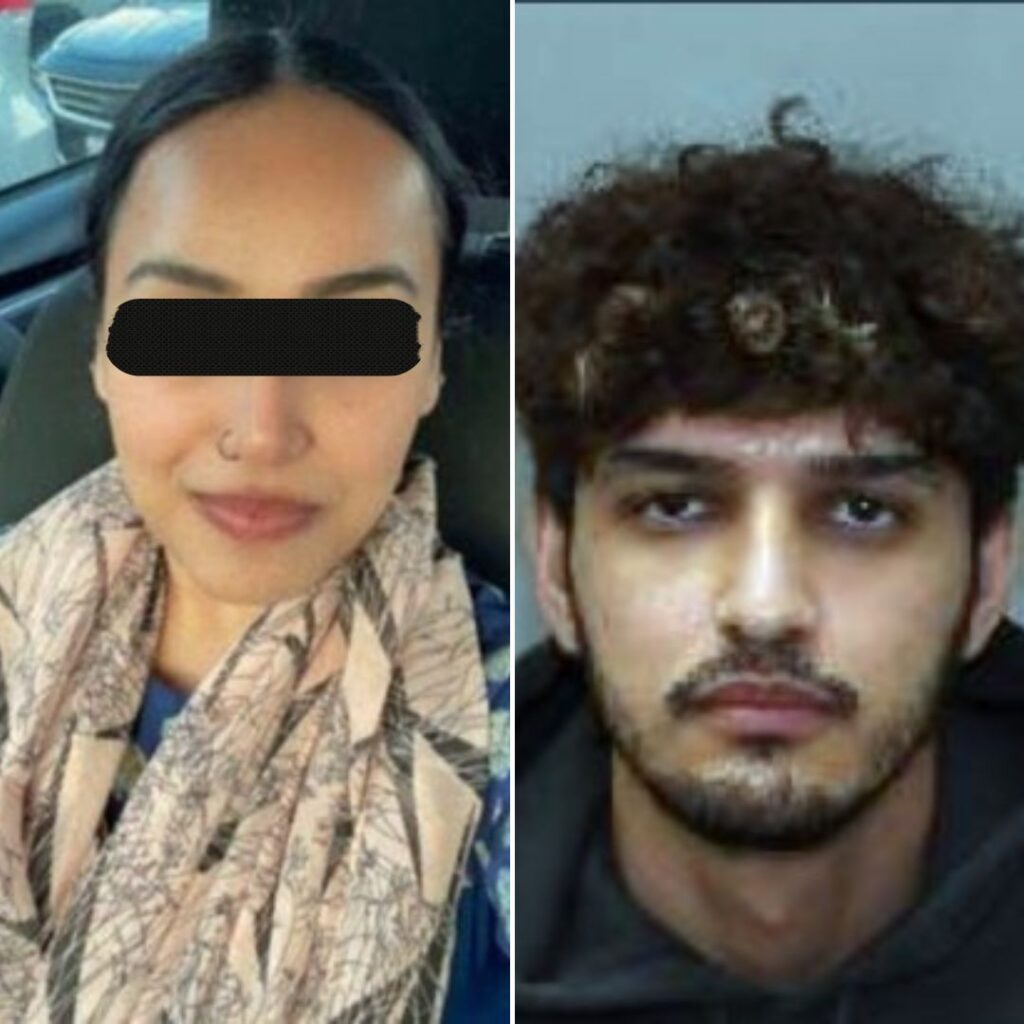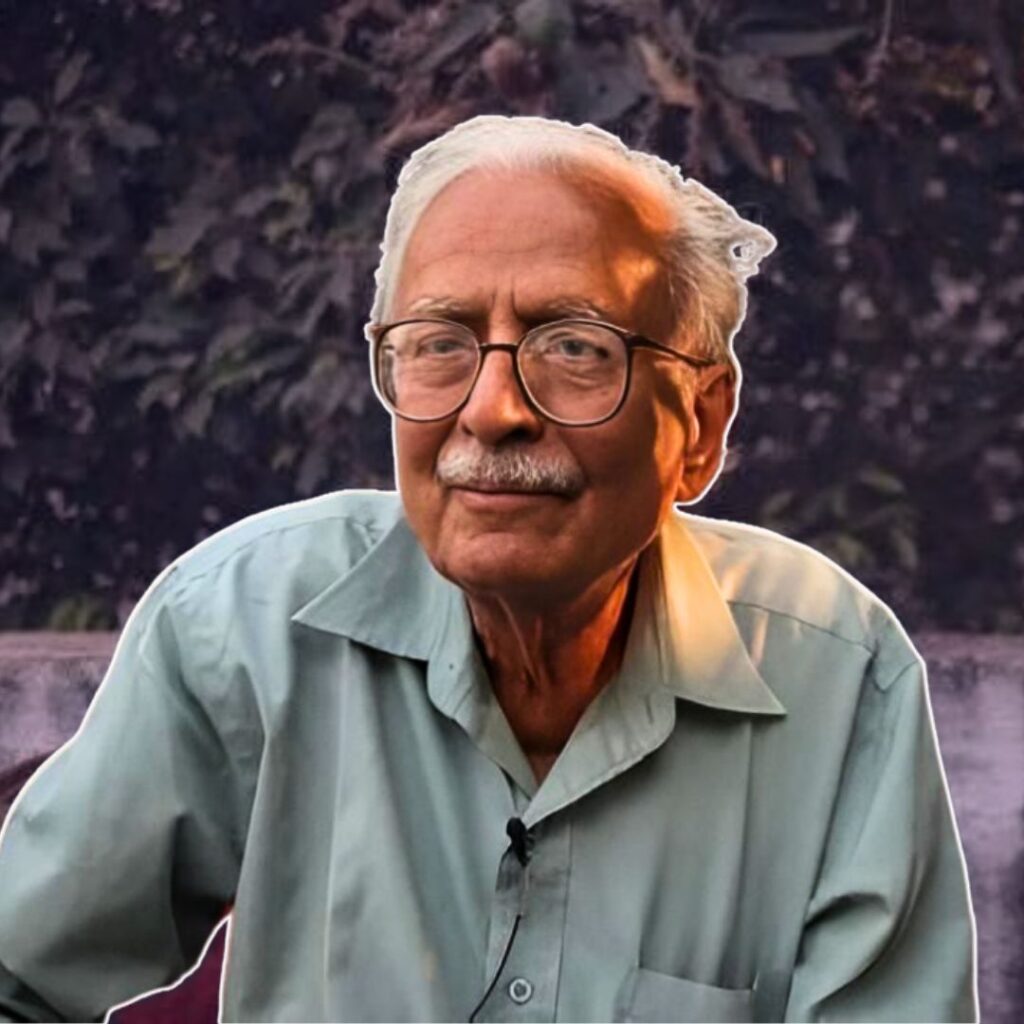The North Atlantic Treaty Organization (NATO) members agreed to issue a Joint Declaration regarding peace and unity among the member countries this week. The declaration was signed midst the disagreement between the heads of state on the alliance’s strategic affairs, and exchange of personal attacks.
The world leaders of the 29 member states of the NATO including — United States of America (USA), Canada, Germany, France, Turkey, Denmark and 23 others — recently concluded its 70th-anniversary summit in London this week.
However, a venture to harbour peace and stability among the NATO countries gets a blow after a heated exchange of words between the NATO members. NATO countries appear more disjointed than ever.
The President Of The United States (POTUS) Donald Trump cancelled his final press conference and flew back to Washington.
Trump on the second day called the Canadian Prime Minister Justin Trudeau “double-faced” after a video emerged of the Canadian PM and the allied leaders mocking him.
The key areas that were discussed involved the defence spending by the 29 member states, and the unilateral decisions that were taken by Turkey which were in contravention of NATO’s guidelines.
Disagreement Over Contribution
On Tuesday, at the summit, Trump singled out Germany. “So we’re paying 4 to 4.3% when Germany’s paying 1 to 1.2% at max 1.2% of a much smaller GDP. That’s not fair,” he said.
In 2018, Trump had tweeted, “Germany just started paying Russia, the country they want protection from, Billions of Dollars for their Energy needs coming out of a new pipeline from Russia. Not acceptable! All NATO Nations must meet their 2% commitment, and that must ultimately go to 4%!”
Although, the number of countries who meet the NATO guideline of 2% has increased from three in 2014 to 7% in 2019. Trump has maintained his stance that he wants every member to meet the guideline.
Disagreement On Turkey’s Actions
French President Emmanuel Macron called NATO “brain dead” in an interview to The Economist. Macron stressed on the fact that the USA didn’t consult the European nations before giving a freehand to Turkey for their invasion in Syria.
At the joint press conference with President Trump, Macron said that the Islamic State of Iraq and Syria (ISIS) will make a comeback due to the Turkish invasion. He also accused Turkey of working with ISIS proxies at times.
On Turkey’s threat of vetoing NATO’s proposal for the Baltics — unless NATO agrees to Turkey’s definition of terrorism and approves its invasion of Syria. Macron said, “I am sorry we do not have the same definition of terrorism around the table. When I look at Turkey, they now are fighting against those who fight with us, who fought with us, shoulder to shoulder, against Isis. And sometimes they work with Isis proxies.” He added, “I understand they now want to block all the declarations of this summit unless we agree their definition of terrorism. It is not our definition.”
President Macron reprimanded Turkey’s decision of the purchase of S400 missiles from Russia.
The French president maintains along with other NATO states that inclusion of Russian military defence equipment in a member state will expose the military hardware of NATO, to the Russian military intelligence.
Donald Trump, on the other hand, said that he is looking into the matter.
Whereas, on Macron’s brain dead remarks, Trump said that the remarks were “very, very nasty.”
What Is NATO?
NATO was formed after the countries of North America and Europe signed the North Atlantic Treaty (Washington Treaty) in 1949. In the agreement member states agreed to consider an attack on one member as an attack on all. The intergovernmental organization was formed in the aftermath of World War II. It intended to secure the European countries from a Soviet invasion and to foster political integration of the European nations.
Over the years, NATO has worked extensively with its member nations on counterterrorism operations — specifically against Al-Qaeda, Taliban and ISIS. NATO’s foreign ministers have worked in coordination with the US on Russia’s violation of the Intermediate-Range Nuclear Forces (INF) Treaty.
Besides this NATO has worked with Ukraine ( a non-member state) on giving it support on defence and security sectors against Russia, as NATO believes that a secured Ukraine is significant for the security of the Euro-Atlantic region.
But, since Donald Trump took over the office of the POTUS, there has been a lack of consensus on the geopolitical and economic issues between the US and the European nations.
The POTUS has created areas of non-cooperation among the NATO members. NATO is one of the strongest intergovernmental organization in promoting socio-economic growth and maintaining peace among the member states. Trump’s inability to work in harmony with the Europian nations has catapulted the seven-decade-old alliance in a precarious state.
Also Read: US President Donald Trump Calls Himself An Environmentalist, Accuses India Of Polluting Los Angeles











